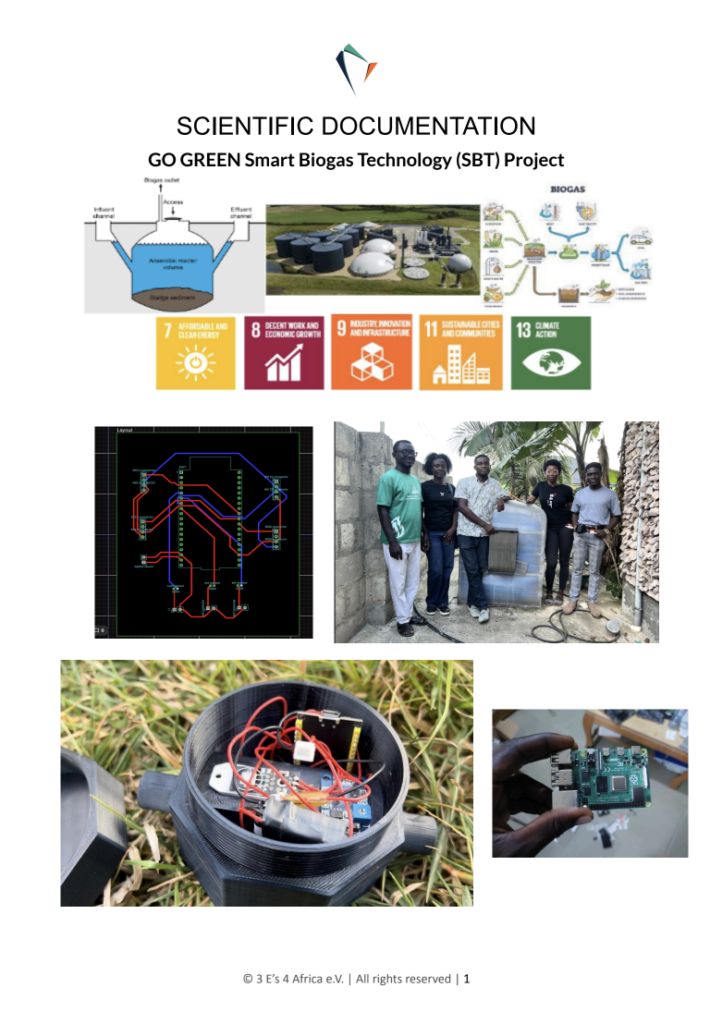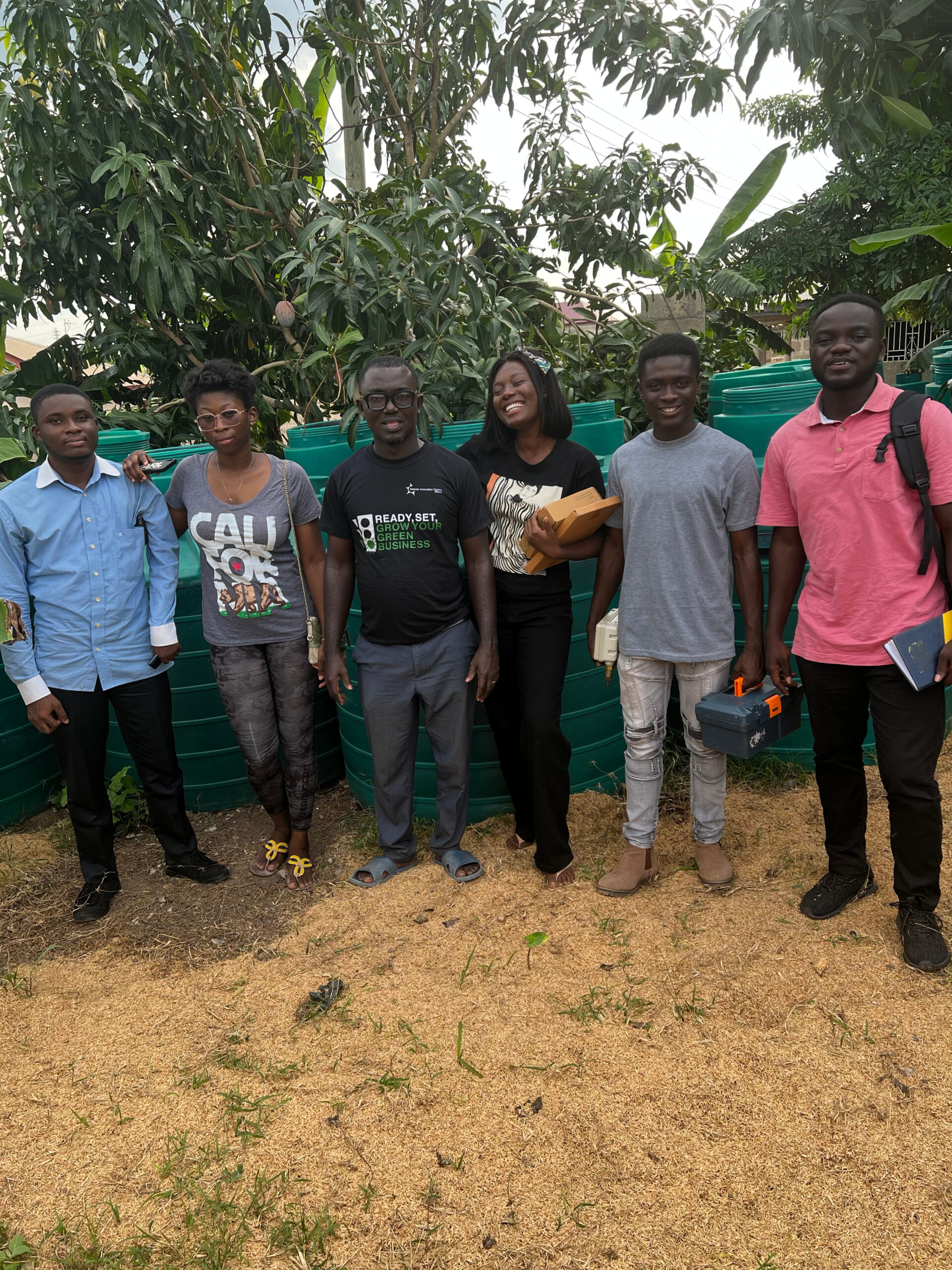
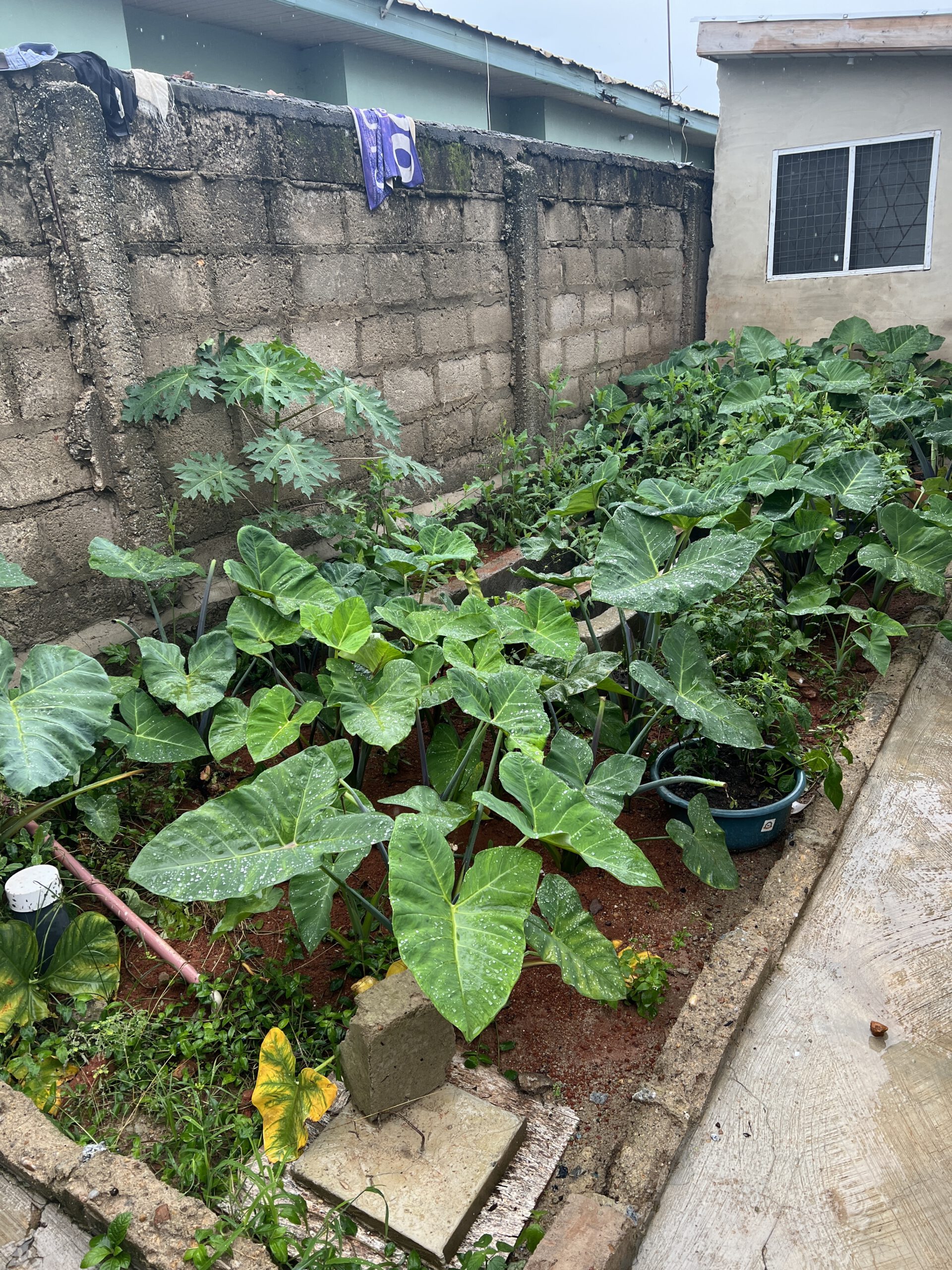
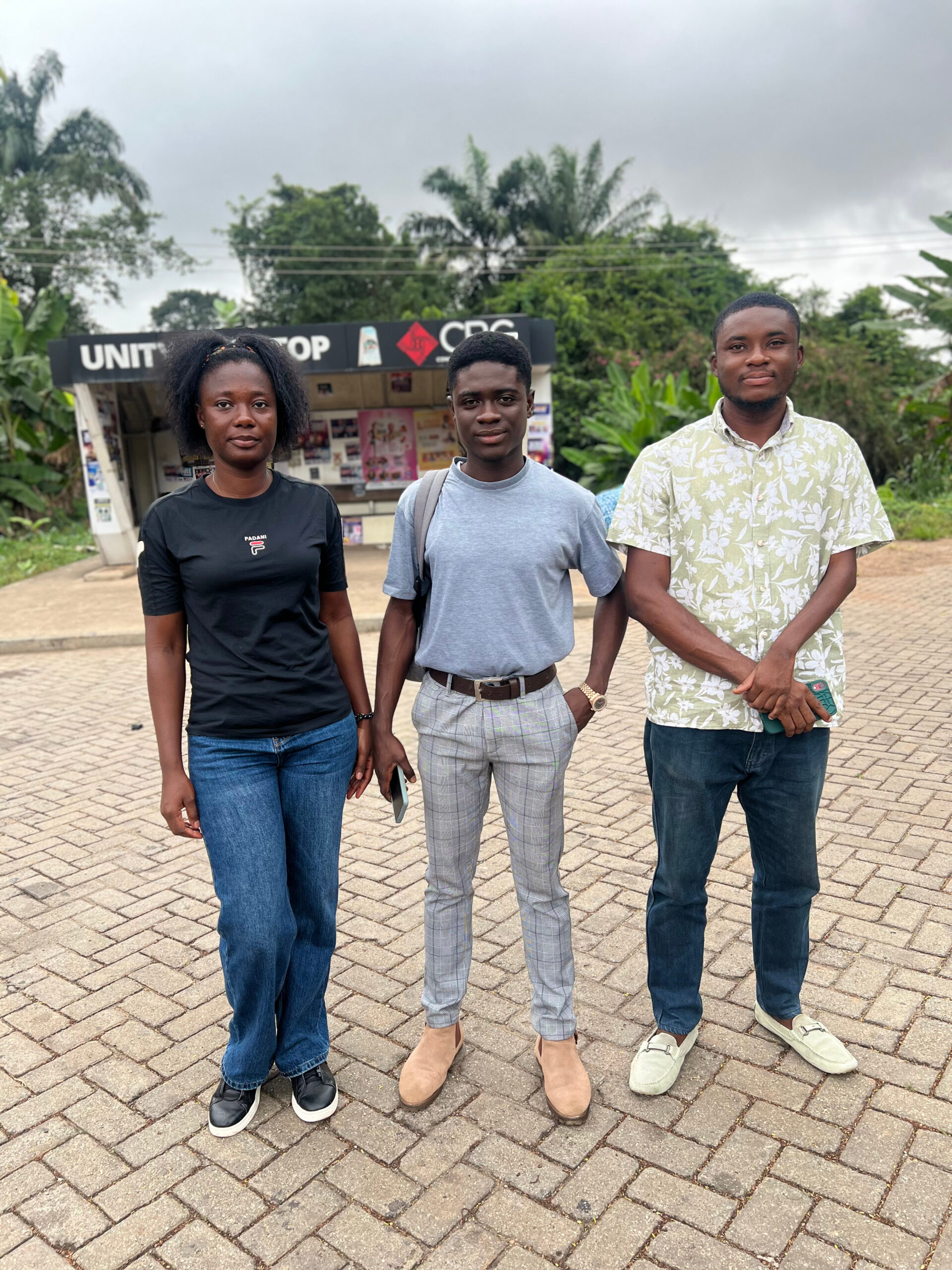
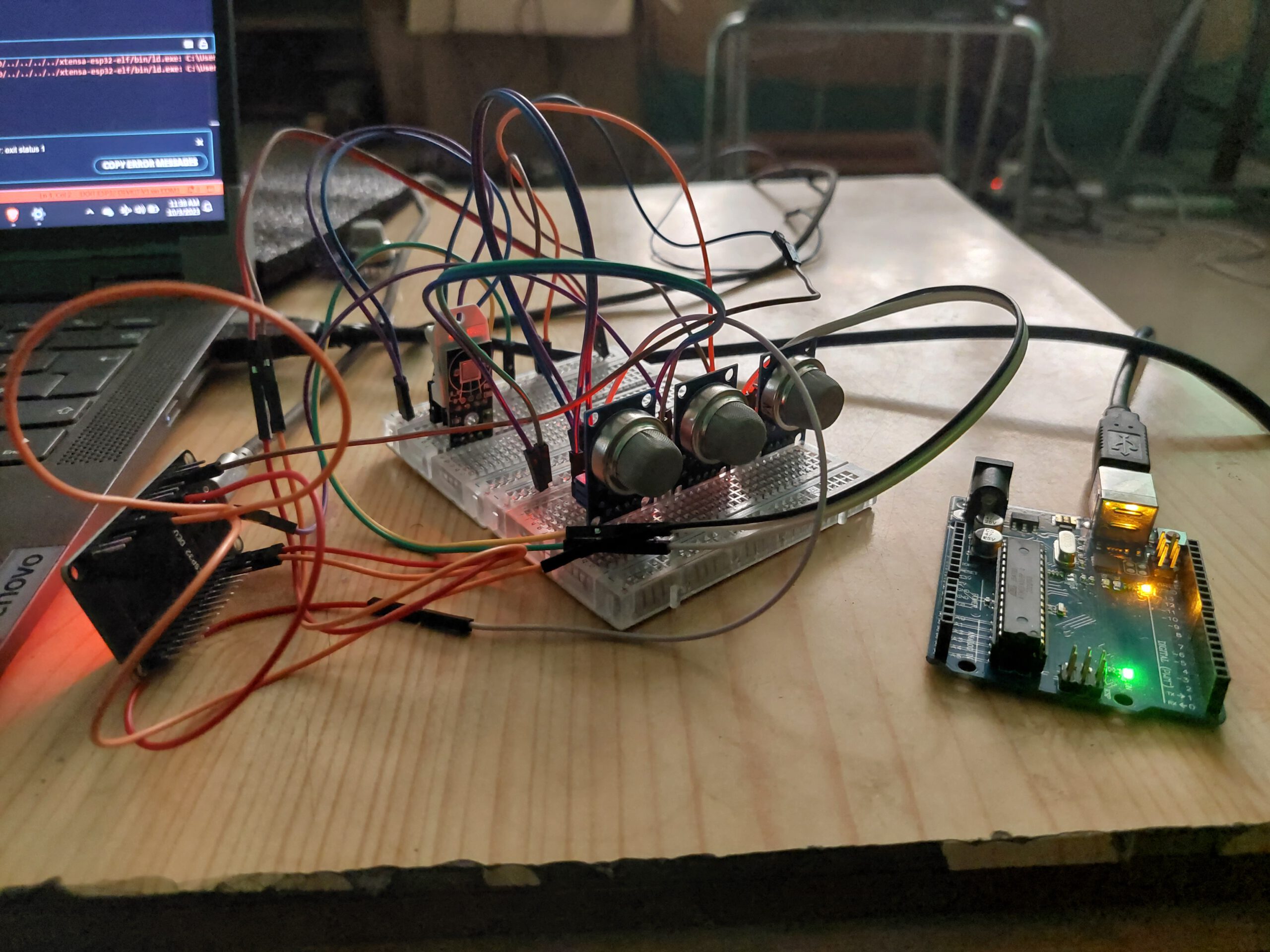
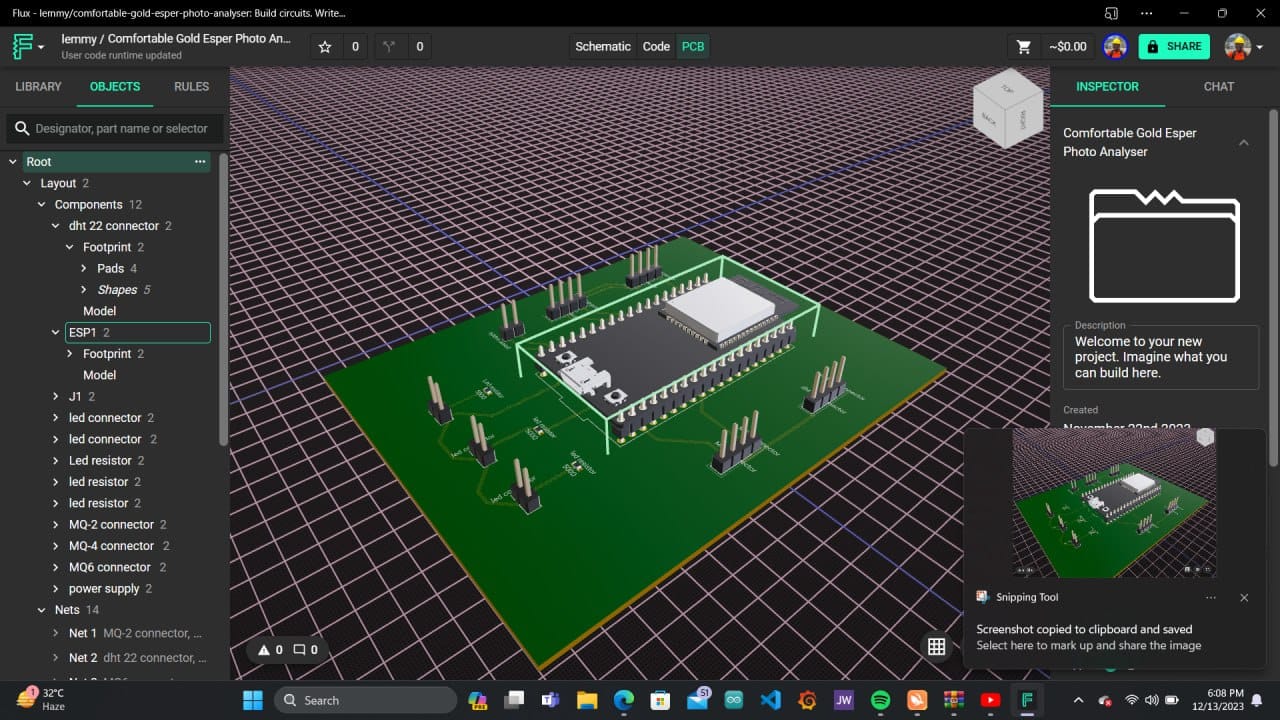
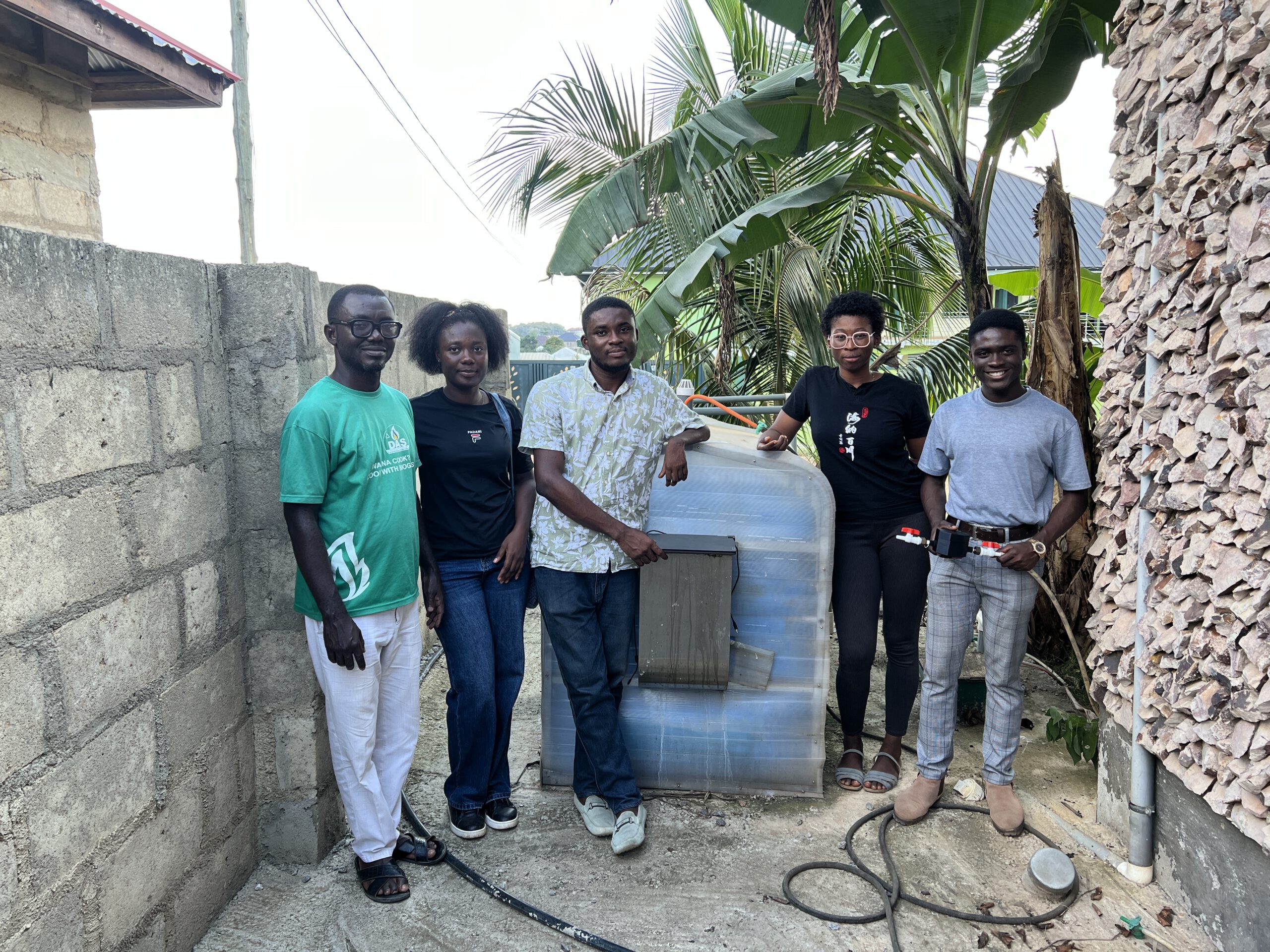
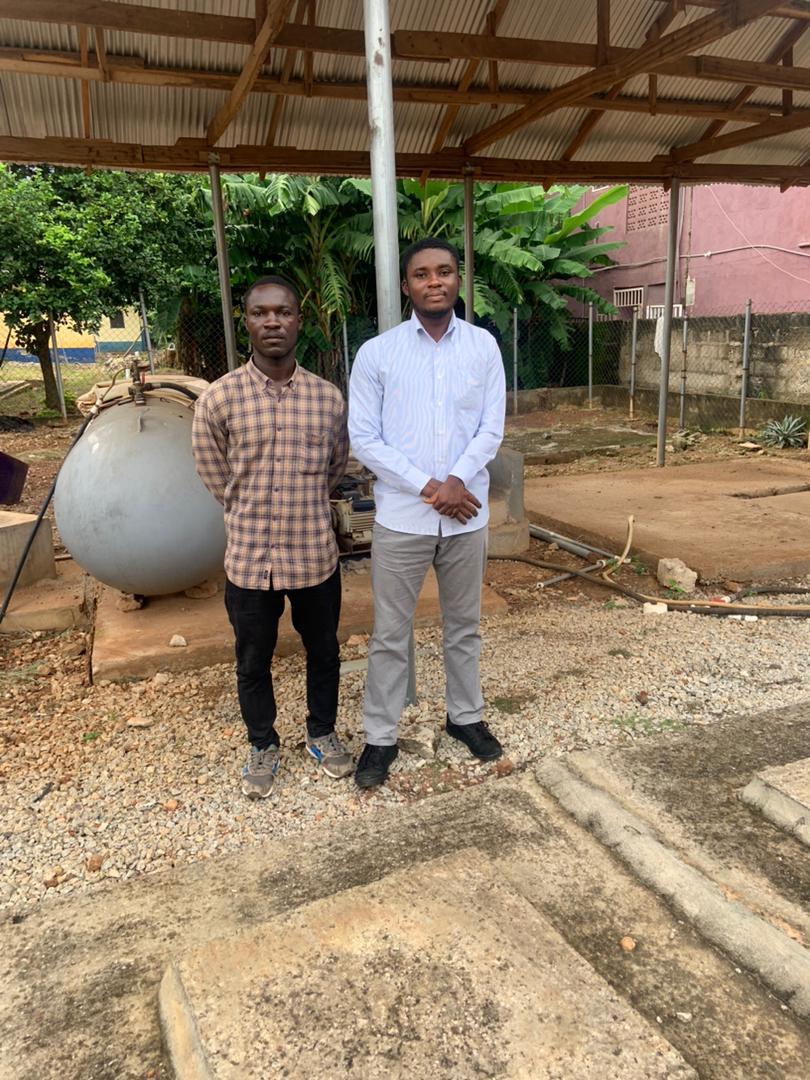
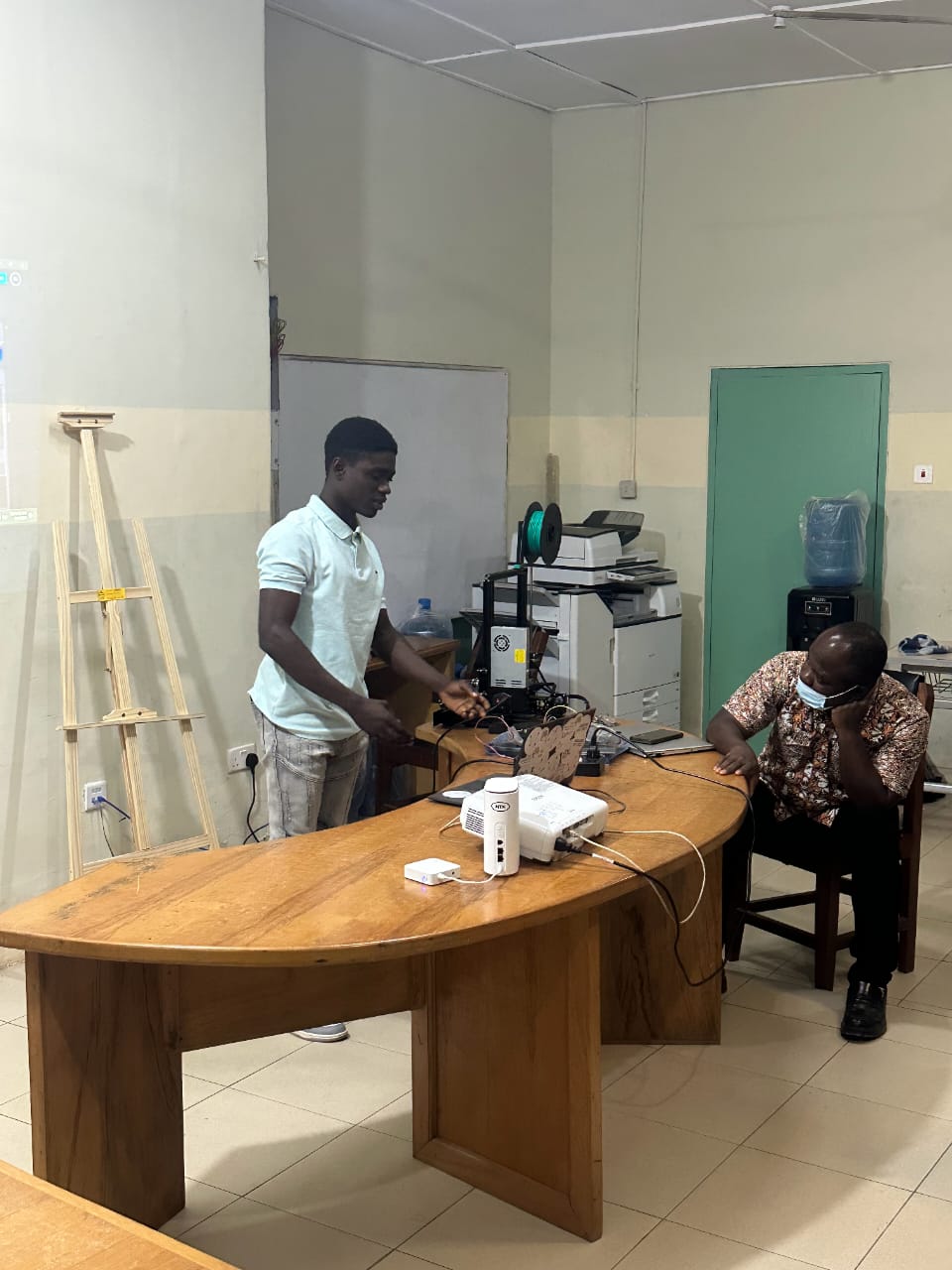
Financing
Fundraising
10,250 € - fully financed!
Payouts
10.250 €
Project progress
Q4 / Q4
Final Project Report
Team

Portia Nimo Ossei-Anto
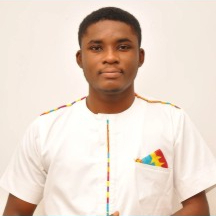
Sampson Owusu Bempah

Wendy Gold Binnu

Akwasi Adu-Poku

Lemuel Buabeng Siaw

Shelynna Banawe Adjana
Coordination
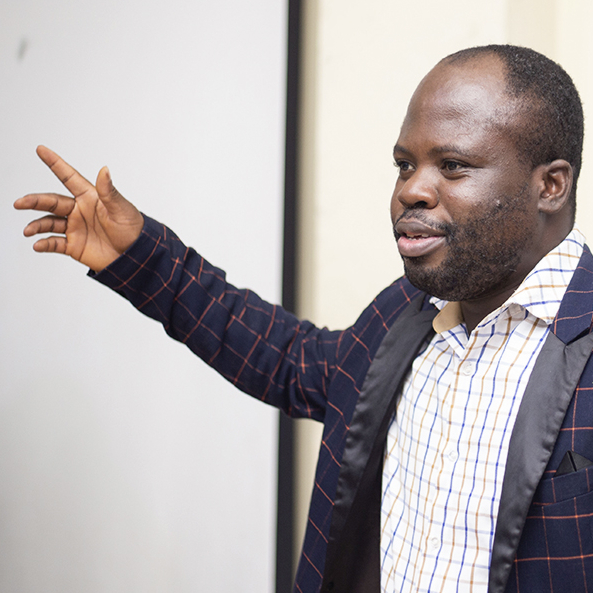
Dr. Richard Opoku
Supervisor

Frank Adjei-Kyeremeh
Mentor

Tariro Muparadzi
3E4A Coordinator
SDGs
Primary SDGs


Secondary SDGs


Facts
Projektdetails
The research carried out by the six students from the Kwame Nkrumah University of Science and technology in Ghana aims to build and test an intelligent system for biogas monitoring including the development of an app as an interface for the user. This would track and notify digester operators of the process parameters and conditions to improve the biogas digester's efficiency and life span. The particularity of this research is to make this technology and solution applicable for small scale biogas plants and affordable for small scale farmers. In the event of positive results, this team of students is also keen on figuring out what business model they could build around this solution as it will bring this technology to rural areas.


Thanks to our funding partners
We sincerely thank the Leopold Bachmann Stiftung und der Cordes & Graefe Foundation for their generous support.
